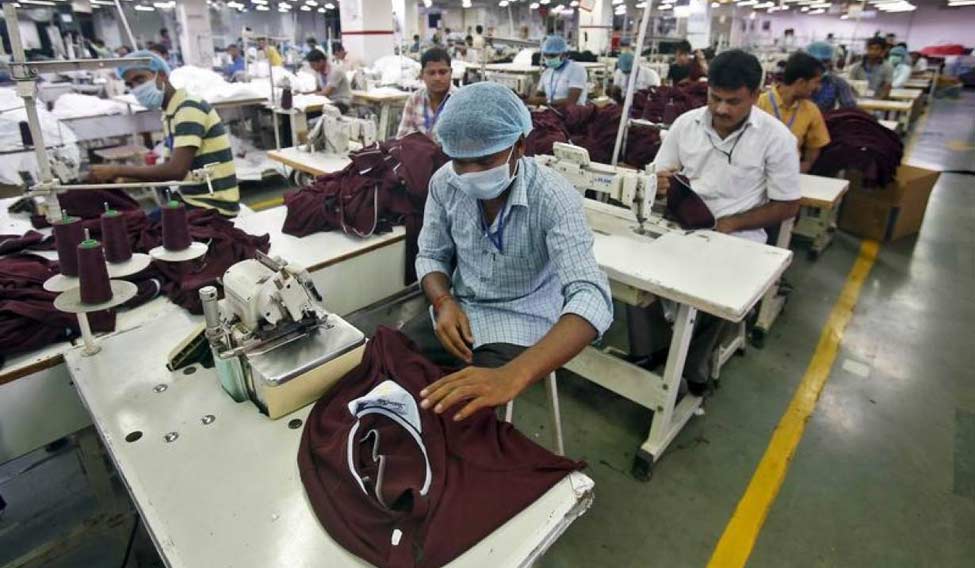Rajendra Sonkar's daily morning routine is to visit garment export units in Gurgaon's Udyog Vihar and ask for a job. Sometimes, he befriends the security guards at these units who allow him to meet the manager. But so far, the answer has been "no".
"I must have visited at least 30 companies, but all of them say that they are not hiring at the moment. I was earning Rs 10,000 but after the number of orders came down, the owner fired 100 people. I was one of them," says Sonkar who is finding it difficult to make both ends meet because of lack of a job for the last two months. He and others were fired as companies saw their profits mitigate, post demonetisation and GST. According to various estimates, more than 10 lakh people lost jobs post these two disruptive measures.
Unemployment is increasing in India and numbers prove it. According to Labour Bureau's data, rate of creation of jobs deteriorated substantially during the period 2013-14 through 2015-16. Jobs grew at a meagre 0.2% per annum during this period although real GDP grew at a faster 7.8% per annum—a reason why many economists have referred to NDA regime as the period of jobless growth.
Unemployment, therefore is the biggest challenge for Narendra Modi's government and it will weigh heavily on Arun Jaitley's mind when he presents the budget for 2018-19. The discontent and frustration among educated and uneducated youth is growing as proven by Gujarat results. Modi government will have to stop it from exploding or there might be serious repercussions for 2019.
There are strong indications that government may come up with a National Employment Policy in this year's budget, outlining a roadmap for job creation across sectors. The policy will promote job creation by tying in incentives and exemptions under various schemes. The policy will also ensure a transition from informal to formal jobs takes place in the country.
The budget may also announce a national database of unorganised workers. Under this platform, the unorganised workers will be issued a Unique ID or Unorganized Workers Identification Number (UWIN) and allotment of an Aadhaar seeded Identification number.
One of the biggest problems with informal workers is lack of a social security.
"The unorganised workforce contributes a significant proportion of total exports and half of the total GDP. Lack of social protection for them reduces productivity. It leads to coping mechanisms by the vulnerable which run the risk of turning transient poverty into long term poverty," says Santosh Mehrotra, Professor at Centre for Informal and Labour Studies at JNU.
The government is apparently working on a social security scheme for informal workers. This will give a big boost to job creation in the unorganised sector, which is the largest employment provider. The scheme will offer mandatory pension, insurance against disability and death, and maternity coverage, alongside optional medical and unemployment coverage to workers who are not covered under EPFO and ESIC.
It is also expected that government will increase allocations for rural programmes and infrastructure sector such as affordable housing which will create opportunities for employment.







